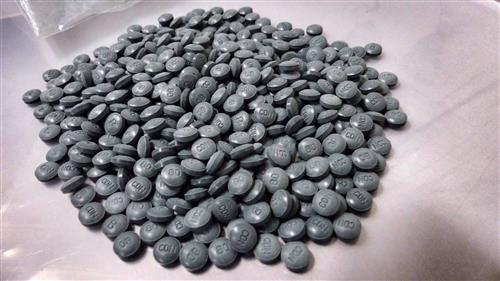What is Production?

Under the Controlled Drugs and Substances Act (CDSA), a charge of Producing a Controlled Substance is considered a very serious criminal offence.
Regardless of how large or small the quantity of drugs, you can face jail time and other penalties for growing marijuana or producing other controlled substances. The severity of the punishment will depend on many factors, including the Accused prior history, the type of drug and the amount of drugs involved.
What is Drug Production?
The definition of Production is broad. Under the Controlled Drugs and Substances Act for Schedule I to IV, Production of drugs means to obtain by any method or process including:
1. Manufacturing, synthesizing or using any means of altering the chemical or physical properties of the substance, or
2. Cultivating, propagating or harvesting the substance or any living thing from which the substance may be extracted or otherwise obtained, including offers to produce.
In Canada, drug offences are not dealt with lightly. Whether you are facing trafficking, production or simple possession charges, securing an experienced legal advocate to assist you is imperative.
A conviction under the Controlled Drugs and Substances Act can have serious, long-lasting repercussions on your life. It may prevent you from holding or obtaining a job, risk your citizenship and travel rights, and curb your access to other opportunities.
Caramanna, Friedberg LLP has represented thousands of individuals charged with drug offences. We are here 24/7 to assist you. Criminal law is not simply a vocation for us. It is our passion. Fighting for justice is in our DNA. Founded in 2002 by Sal Caramanna and Matthew Friedberg, our firm is one of a handful in Ontario set apart from the sole practitioner model. Our advantage is in our team-approach, track record, reputation, reliability and empathy. When you choose Caramanna Friedberg LLP you are choosing a team of legal professionals with the power to punch above the weight-class of any one lawyer advocating for your rights.
Please call us today at (416) 924-5969.